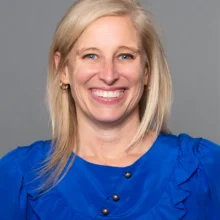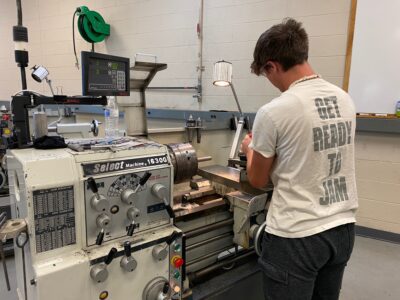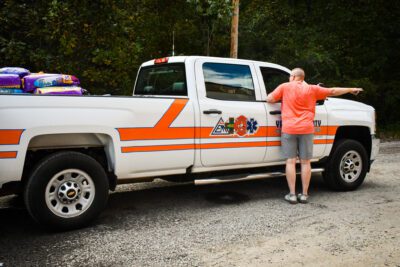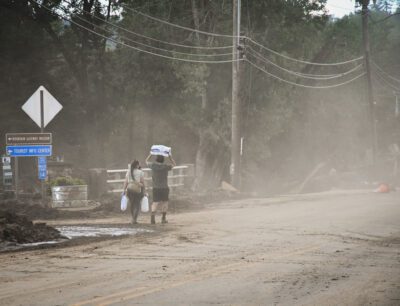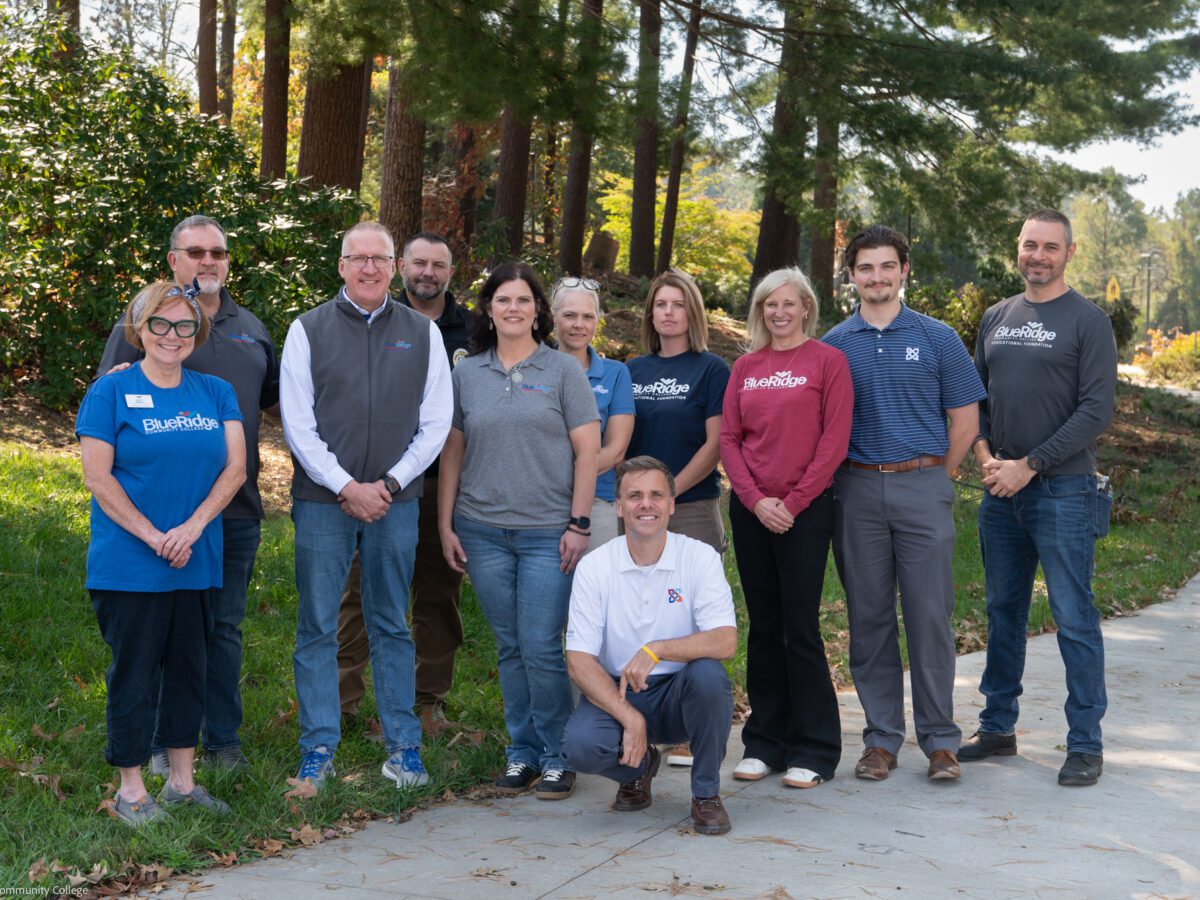
Like many in our state, I have deep roots here. I’ve found that being from North Carolina isn’t just where my family and I live, it’s a core part of who we are.
That’s why when we face something like Hurricane Helene, it isn’t just a matter of deploying resources and thinking about logistics, it’s a heartbreaking time during which we mourn with our neighbors.
Our team has thought non-stop the last three weeks about the lives lost, the homes destroyed, and the communities stricken in the western part of the state. We have visited and seen firsthand the unimaginable scope and scale of the tragedy. While I have been overwhelmed by the devastation, we have been equally inspired by the hope and resilience in Asheville, Hendersonville, Watauga, Spindale, and so many other places.
The hub for this recovery will come from a place some wouldn’t predict:
— MC Belk Pilon
North Carolina’s Community Colleges.
We have a deep faith these communities will come back better than ever, and also believe that the hub for this recovery will come from a place some wouldn’t predict: North Carolina’s Community Colleges.
About 10 years ago, our team began working with the community colleges in our state to think through how we can create the workforce that North Carolina needs.
It became immediately evident that the community colleges in our states are truly unsung heroes. These colleges train police officers, nurses, electricians, and an array of health professions — essentially all the critical occupations that are at the foundation of a safe and prosperous community.
This core mission is well known, and we have come to rely on these colleges to serve as an elevator to the middle class, quickly training someone to obtain better skills that can lead to a better job. But I never anticipated the ways in which our North Carolina community colleges would be called upon to serve as hubs for rescue, relief, and disaster assistance.
We could list virtually every one of the 14 community colleges in that region, but I offer up these examples as proof that the word “community” is truly at the heart of what makes these institutions so special. At Western Piedmont Community College in Morganton, the campus has been transformed into a staging area for crews restoring power to those who have been in the dark for weeks. Asheville-Buncombe Technical College has become an extension of local health care facilities, ensuring medical care can be accessed without interruption in some of the hardest hit areas.
Supporting these colleges is about sustaining the active recovery efforts based at those campuses, but it is also about ensuring these presidents and their teams have everything they need to deliver on their core mission: education and workforce development.
The physical infrastructure that needs rebuilding will likely be done by those trained in the trades offered at community colleges, offering a powerful opportunity for graduates of those programs to make a better living for their families, while also helping their neighbors return to some sense of normalcy.
As such, we were proud to announce last week that the John M. Belk Endowment will be providing these colleges, and the North Carolina Community College System, with $2 million in special funding to pave the road to recovery. This represents our core and collective belief that the road back for the region will run directly through the campus of the local community college.
A dear friend of mine, who also happens to be a sitting community college president, once said “This campus is a sacred space.” In the aftermath of Helene, I have seen that statement borne out in a deeply impactful way.
Our community colleges have ‘community’ in their name, after all, it’s at the heart of what they do. They’ve served as hosts for community showers, shelters for those suddenly unhoused, and staging areas for rescue and recovery operations.
Before and after this disaster, they have been the hub of their communities. As we look to the long road ahead, it’s crucial our state remembers their role as we consider how best to support our friends and neighbors across western North Carolina.
Editor’s Note: The John M. Belk Endowment supports the work of EdNC.
